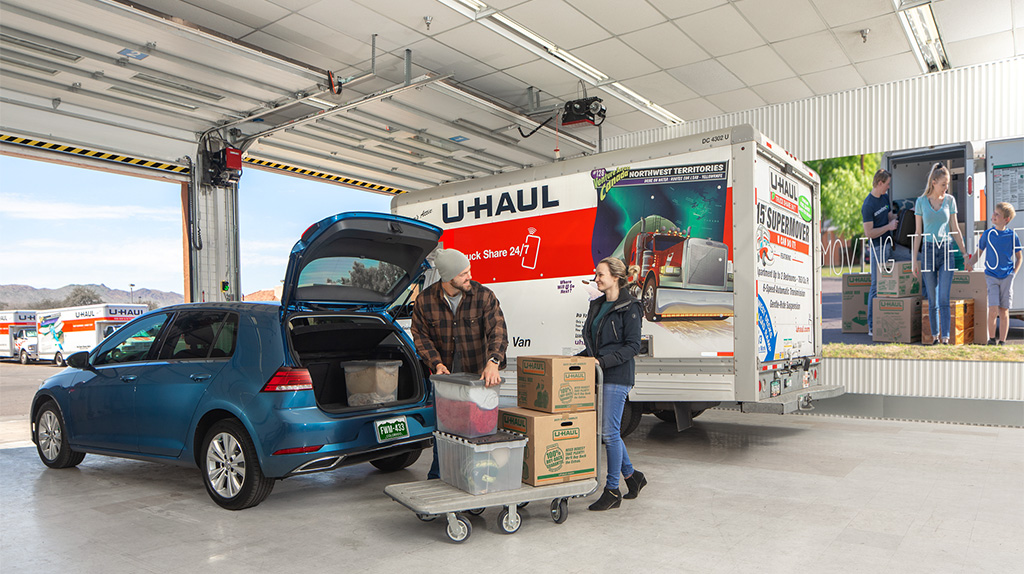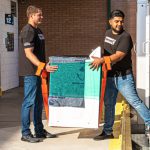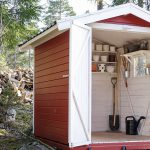You might own a car or another vehicle, but you don’t have the space or ability to store your extra vehicle at your property. Where are you going to put your car? Can you store a car in a storage unit? The answer is yes, you can store it in a storage unit.
Before you can take your car to a place that has car storage, you’ll need to make sure it’s ready to go before you stop using it for long periods of time.
Why I Need to Use Car Storage Units?
For many people, this reason will be different. It might be you don’t have enough room at home. For others, it might be you won’t use your car during the winter months or long periods at a time. Below are some reasons you might consider getting storage for cars:
- Not enough space at home
- Traveling more often
- Need vehicle storage during the winter months
- Project cars
- Need more garage space
- Extra security
- Protection from the weather
- Studying abroad
- Have a second home
- Living abroad
- Military move overseas
- Going to college
- HOA rules don’t allow cars on the sidewalk
- Travel for work for long periods at a time
- Extended vacations
Can I Store My Car at a U-Haul Storage?
Yes, U-Haul does have car storage units available for people who want to store a car. Find out with your local U-Haul location to see whether they can accommodate your car storage needs.
All locations that have available car storage have the following:
- Conveniently located
- Secure facilities
- Well-lit facilities
- Wide aisles
At select locations, some U-Haul facilities have the following for car storage units:
- Electrical outlets
- Dump stations
- Controlled gate access
- 24-hour access availability
Some U-Haul locations have vehicle storage spaces that are up to 45 feet in length, which means U-Haul can accommodate:
- Any sized cars
- Pickup trucks
- RVs
- Boats
- ATVs
- UTVs
- Motorcycles
- Project cars
- Jet skis
- Dirt bikes
- Snowmobiles
- And more
When you bring your vehicle to a U-Haul location, you’ll need to make sure to bring the following items:
- Name of owner
- License plate number
- Photo ID
- Make of vehicle/boat
- Proof of insurance
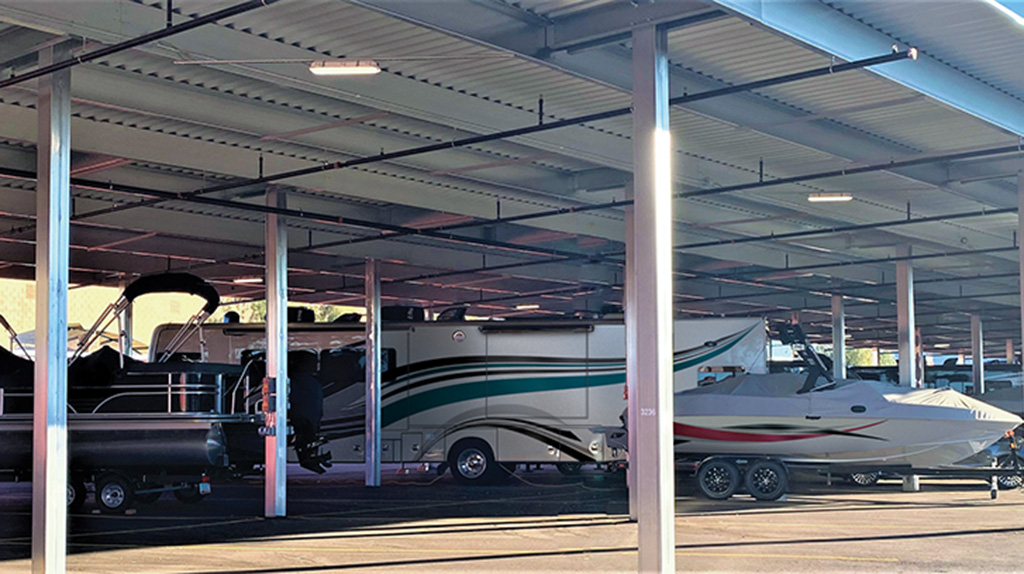
What Size Storage Unit Do I Need?
Unless you can close your eyes and perfectly visualize a space in your head, you’ll need to either measure or look at your car’s manual to figure out the dimensions of your car. If you plan on keeping some additional boxes in your car storage unit, keep in mind that you have enough space when thinking about the dimensions.
The following dimensions can help you determine what car storage unit space is right for you:
- 10’ x 20’ — Sedan, motorcycles, and other recreational vehicles
- 10’ x 25’ — Sedans, small SUVs, and pickup trucks
- 10’ x 30’ — RVs, boats, large pickup trucks, SUVs, and cargo vans
Car Storage Types Available
- Outdoor car storage
- Covered outdoor car storage
- Indoor car storage
You’ll need to decide which one fits your needs and budget. Indoor car storage is the most expensive option, but your vehicle won’t have to deal with the outdoor elements. You also might get a climate-controlled unit as well.
An outdoor car storage space leaves your car vulnerable to the elements, but you can purchase a car cover to avoid it from being fully exposed. This option will be the least expensive option for you.
The covered outdoor car storage unit will be priced somewhere in between the other two options. They’ll typically have a canopy for your car, but because that’ll only provide partial protection, you still may consider buying a car cover to avoid the rest of the elements.
Preparation Tips for Storing a Car
While it’d be nice to rent a storage unit for your car and then drive it into your unit, that’s not the best idea for you or your vehicle. While you might have a place to store a car, you’ll need to complete some or all these steps depending on your situation prior to putting your car into storage.
- Deep cleaning
You’ll want your interior and exterior nearly spotless. If you leave dirt, grime, and crumbs, it could lead to pests getting into your car and rust could damage the outside.
- Freshly charged battery
You’ll want to make sure you get your car battery checked before storing a car. A new battery or a freshly charged battery will go a long way in making sure you don’t have any trouble later.
- Use a battery maintainer
If you don’t plan on having anyone checking on your car, you may consider purchasing a battery maintainer. A battery maintainer will make sure your car’s battery stays at a certain level, and the recommended level for your vehicle depends on your car’s specifications and battery type.
If you plan on having someone check on your vehicle, you might not need a battery maintainer because they can start the car every two weeks and drive it for about 15 minutes.
- Full tank of gas
To avoid any corrosion, you’ll want to make sure your car’s tank is full before putting it into car storage. A full tank of gas will help you out tremendously.
- Fuel stabilizer
A fuel stabilizer is a great way to protect that brand new tank of fuel into your car. A fuel stabilizer makes sure your fuel doesn’t evaporate or ruin your carburetor.
- Change your oil
You should get your oil changed as well, especially if it won’t be used for several months. If you tell your technician that you plan on storing your car, they’ll know what to do to prepare your vehicle.
- Protect tires with Jacks
Cars that stay still for long periods of time can cause tires to create flat spots because of the weight. Nobody wants flat or unusable tires. You should take the time to use jack stands to raise your vehicle to protect your tires.
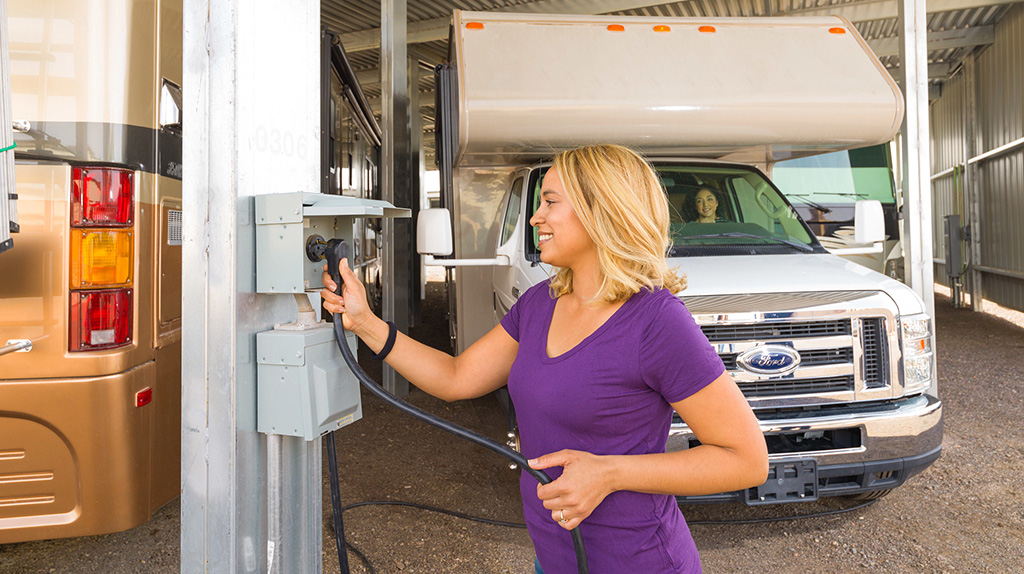
- Adequate car insurance
While you may not be using it and it’d be great to save a couple hundred dollars, you’ll still need car insurance. U-Haul and other storage places require car insurance. Plus, if you or anyone else drives it on the road, it’ll need insurance.
- Protect Engine cylinders
You might want to protect your engine cylinders by removing the spark plugs, spraying some oil into the cylinders, and then replacing the plugs. A mechanic can quickly get this done for you.
- Wrap wiper blades
Wiper blades that are in the same places for long periods of time can get stuck to your windshield. You can use plastic wrap on each blade to prevent sticky residue. You also can pull the wiper blades out and away from the windshield, or you can remove the blades.
- Plug the exhaust outlet
To avoid pesky critters getting into your car, you should cover your exhaust outlet. You can use aluminum foil or a rag. Just make sure you take it out before starting your vehicle.
- Cover vents
You don’t need your car vents open inside your vehicle while it’s resting in your car storage. It’s another way you’ll prevent pests getting into your car.
- Don’t use your parking brakes
While you should put your car in the brake position when you’re not using it, it’s not a good idea to do it while the vehicle is in storage. If the parking brake is used for a long time, the breaking surface could fuse with the wheel to become stuck in place.
- Park on a tarp
If you park on a tarp, it’ll protect the floor in the off chance your vehicle leaks fluids. This is more likely when it comes to non-climate control units.
- Use a car cover
Unless your car is in an indoor car storage unit, you should use a car cover. A cover will protect your vehicle from all the weather elements along with pests.
Try Moving Help® for Storage Units
While you might not have many boxes or any boxes to move when using a car storage unit, Moving Help can still be there for you. They can move those few boxes you have in your unit.
If you have a storage unit that needs to be unloaded or loaded, Moving Help has local moving labor companies who can do it for you. They can unload your belongings into your storage unit, and they can load your moving boxes into your truck rental and then unload them at your new home.
Moving Help also can load or unload your U-Box® storage container at a U-Haul location. Why do the heavy lifting when someone else can do it for you while not bursting your budget.
Use a Storage Unit for Your Vehicle
Whether you need a place to store your vehicle or plan on not driving during the winter, you can store a car without question. The only question you’ll ask yourself is what car storage units fit your budget the best.
You’ll want to make sure your car is ready to go before putting it into a unit. That way, you won’t be disappointed, mad, or sad that your vehicle isn’t working properly when you finally decide to use it.
